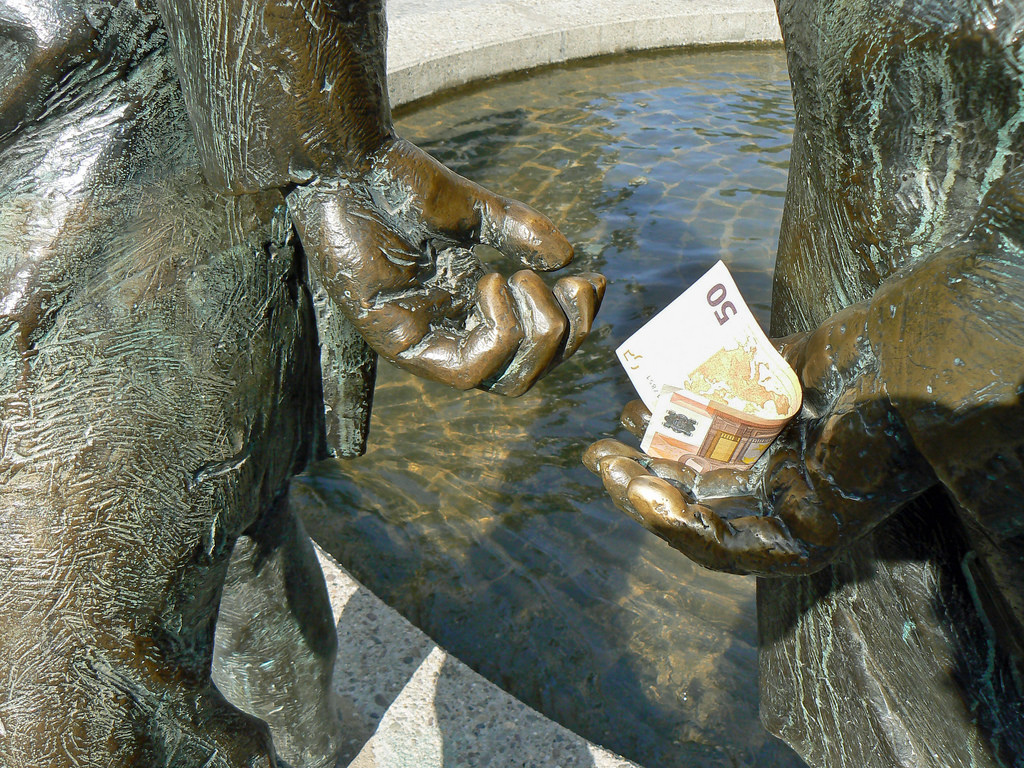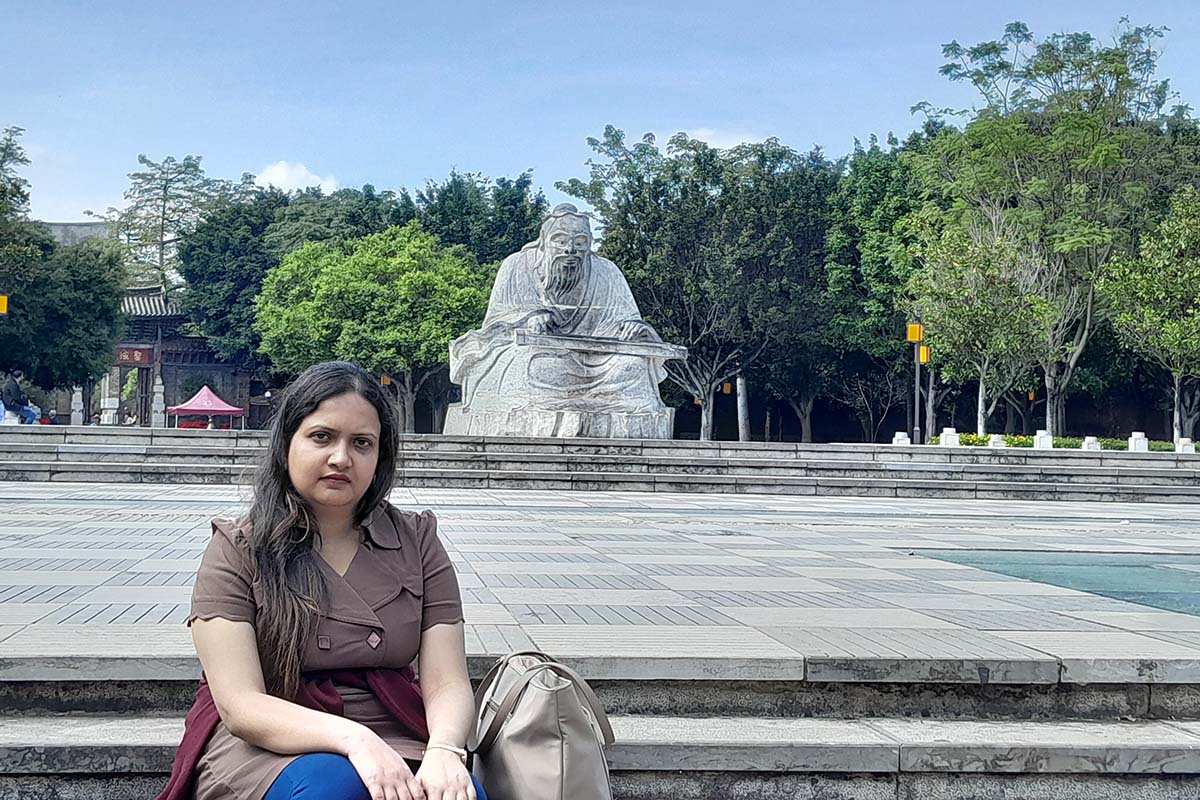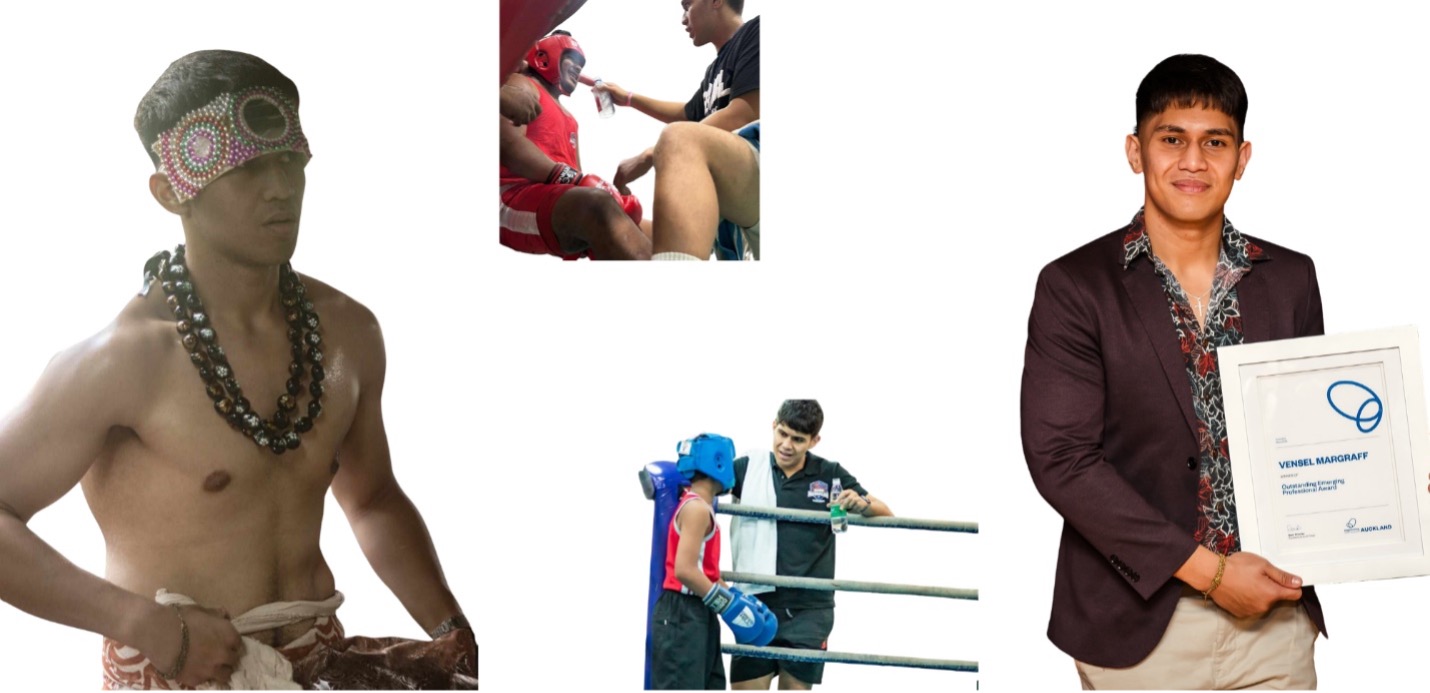“Corruption creates agony for Africa”
April 25 Corruption is robbing the African economy and hurting social development, but Omeye Kenechukwu, 20, a Correspondent from Nigeria, argues that politicians, banks and civic action can change attitudes and practices to eradicate the problem.
Corruption is robbing the African economy and hurting social development, but Omeye Kenechukwu, 20, a Correspondent from Nigeria, argues that politicians, banks and civic action can change attitudes and practices to eradicate the problem.
Corruption is a social problem in Africa that has eaten deep inside the minds of Africans. It manifests through fraud, embezzlement, and misappropriation of public funds, inflation of contracts, sexual harassment and bribery. It can caused by a misplaced sense of values, lack of accountability and transparency in government, greed, and discrimination in wealth distribution.
The World Bank defines corruption as the use of public office for private gain. This definition includes bribery and extortion, fraud and embezzlement.
For many observers, corruption – particularly in Africa – is defined as a cultural phenomenon inherent to African societies. However, if one would look at the African cultural heritages, history shows that this is not the case. Rather corruption is a new phenomenon that stems from the collusion between the colonial heritage and the African indigenous culture during the colonial era.
Despite all the challenges of corruption, there are many ways or avenues on how to put an end to it in Africa. One of the ways is the political will of each government. This is the most paramount mechanism to put an end to corruption, because whenever a government leads definitely the followers follow immediately. The present administration of Muhammadu Buhari of Nigeria is a clear evidence of political will.
Institutional reforms are another way to make corruption unattractive in Africa, as corruption grows high in countries where national institutions and guarantees of basic economic rights are weak. Given the magnitude of the corruption problem, special corruption courts should be established to deal directly with economic crimes. This will speed up the prosecution process and the effects will be felt much more quickly than is currently the case. These courts should be provided with adequate staff and equipment both in the lower courts and at the appellate levels, to ensure that they can deal with cases swiftly to make corruption unattractive. Serious judicial reforms are imperative in most African countries for the effective combating of corruption.
Banks that hold private accounts of African politicians or officials should periodically publish details of the account. The publication of accounts details may be made one of the conditions precedent for opening bank accounts under the “Know Your Customer rule”. Richard Pratt of Jersey Financial Services proposes that banks should have access to databases listing “at least” the identity of ministries and senior bureaucrats in countries with which they do businesses, and friends and associates of politicians in corrupt regimes.
Mobilizing civic action is another means of combating corruption. Mohandas Gandhi said even the most powerful cannot rule without the cooperation of the ruled. Using non-violent demonstration or resistance against every corrupt leader or government is a powerful way to make corruption unattractive. It creates problems for the corrupt authorities who are not ready to change, thereby creating an avenue for them to quit the government or leave power. If the citizens can unify, making corruption unattractive in Africa by the use of peaceful demonstration can be a dream come true. A non-violent movement should be groomed in the home country rather than be raised in another country, so that there will be a sense of the government going in the direction and supported by another country or receiving support from foreign source.
Building a strong economy in every country across Africa is another tool to make corruption unattractive. If Africa has a strong economy, corruption won’t be on the mind of the people, either the ruler or the ruled. According to the Washington Post, corruption robs Nigeria’s economy of an estimated two to three billion US dollars each year. If the lost money were invested in creating more job opportunities by creating more companies, re-branding the education sector of the country, or giving out scholarship to the citizens, every Nigerian would understand that corruption is something that doesn’t have benefit.
photo credit: Schmiergeld via photopin (license)
…………………………………………………………………………………………………………………
About me: I am an undergraduate student studying geology at the University of Nigeria. My ambition in life has been a simple one that concentrates on how to make positive impact in Nigeria and the world at large – for example by ending corruption and putting effort into solving the energy issues facing our planet. I have strong interest in politics, sports and writing.
…………………………………………………………………………………………………………………
Opinions expressed in this article are those of the author and do not necessarily represent the views of the Commonwealth Youth Programme. Articles are published in a spirit of dialogue, respect and understanding. If you disagree, why not submit a response?
To learn more about becoming a Commonwealth Correspondent please visit: http://www.yourcommonwealth.org/submit-articles/commonwealthcorrespondents/
…………………………………………………………………………………………………………………






